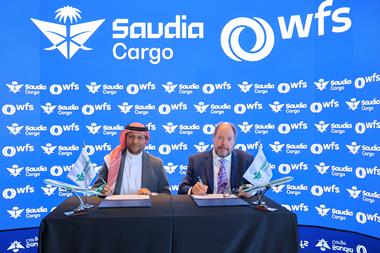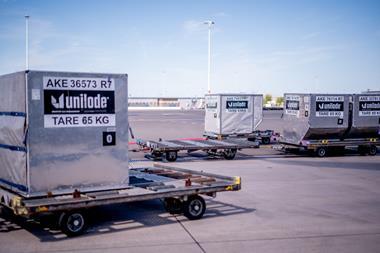Amazon Air has scaled back its freighter fleet, but parent company Amazon has stepped up its interest in end-to-end logistics, along with others in the industry.
A few airline folks will have noted with satisfaction or relief that Amazon’s relentless build-up of freighter fleets has hit the buffers. This year the company is actually shrinking its plane count.
It has scrapped contracts with some freighter operators and scaled back deals with other. Out of 12 Boeing 767 freighter contracts with Air Transport Services Group (ATSG) that expire this year, it has only renewed four.
So much for the threat from e-commerce then? Not so fast! The spectre of Amazon hunting airfreight to fill its freighter fleet may be less acute than a year ago, but the e-commerce giant has not given up on logistics. In its view, air cargo is just a part of the broader puzzle.
That broader puzzle does not confine itself to moving parcels to consumers. Amazon made that abundantly clear in September when it announced a new service that offers merchants – and not only those on the Amazon marketplace – end-to-end supply chain management across all sales channels.
That’s right, Amazon is going upstream after merchants’ supply chains to the manufacturers, an area that has been the domain of forwarders and 3PLs.
It picks up from suppliers, moves freight around the world, performs customs clearance, stores inventory and manages replenishment.
This does not mean that airlines can lean back and wait for Amazon calling for space on their planes.
Amazon’s move is a stark illustration that the game is shifting to end-to-end solutions, which threatens to turn operators that concentrate on one segment only into niche providers of commoditised services.
Management of shipping giant Maersk has trumpeted this for years already, and followed it up with acquisitions of companies that occupy areas outside Maersk’s traditional expertise.
Its tentacles reach ever further into sectors of supply chain management.
In September it teamed up with a provider of automated fulfilment solutions to open an automated, AI-driven e-commerce fulfilment centre.
For a shipping line that carries containers, this marks quite a long journey from its origins.
Increasingly shippers are turning away from active day-to-day management of their supply chain and look to logistics firms to provide them with solutions.
This requires close collaboration, which in turn calls for a sound understanding of the shippers’ operations and needs as well as integration.
It is not enough to be experts in the segment that logistics companies occupy. They require broader understanding to come up with solutions that are relevant.










